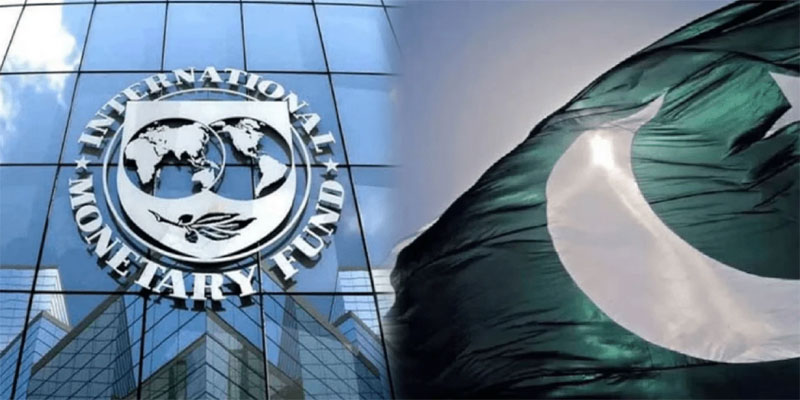IMF Urges Pakistan to Take Further Steps in Managing Inflation. The International Monetary Fund (IMF) is encouraging Pakistan to do more to handle inflation. Jason Wu, from the IMF, said that Pakistan has been working hard to control inflation by tightening its monetary policy for the past few years.
Although inflation is expected to decrease, Wu emphasized that more efforts are needed to address both demand and supply factors.

In response to a question about suggestions from various international organizations regarding increasing interest rates and its impact on inflation, Wu explained that both supply and demand factors contribute to inflation. He emphasized the need for policies addressing both aspects. In Pakistan’s case, monetary policy has been tightened in the past few years to control inflation.
While inflation is expected to decrease, Wu highlighted the need for further actions. This includes continuing fiscal consolidation to address demand and reforming sectors like energy and state-owned enterprises to address supply issues.
Many other economies in similar situations face similar challenges. The IMF staff remains in communication with Pakistan to address these issues.
Read Also: Italy Announces New Digital Nomad Visa in 2024
Tobias Adrian, who is a Financial Counselor and Director at the IMF’s Monetary and Capital Markets Department, mentioned that Pakistan is part of a program. IMF Urges Pakistan to Take Further Steps in Managing Inflation, He highlighted significant macroeconomic challenges, including issues in the financial sector and central bank policies, as well as broader macro and fiscal concerns. Adrian noted that implementing adjustments often takes time to have an impact.
Adrian also noted that some countries face both potential increases and decreases in inflation risks, while others have more pronounced risks in one direction. The IMF’s main advice to central banks is to ensure that inflation is steadily moving back toward the target level. Adrian observed that many central banks worldwide are communicating their intentions to reduce interest rates.
Several central banks have already begun this process. For instance, Switzerland has initiated rate cuts, and emerging markets like Brazil and Mexico have done so earlier.
Adrian emphasized the importance of ensuring that these actions lead to a sustainable return to inflation targets and avoiding premature cuts. This, he stressed, is a crucial message.